No More Delays, Free Mary Jane Now!
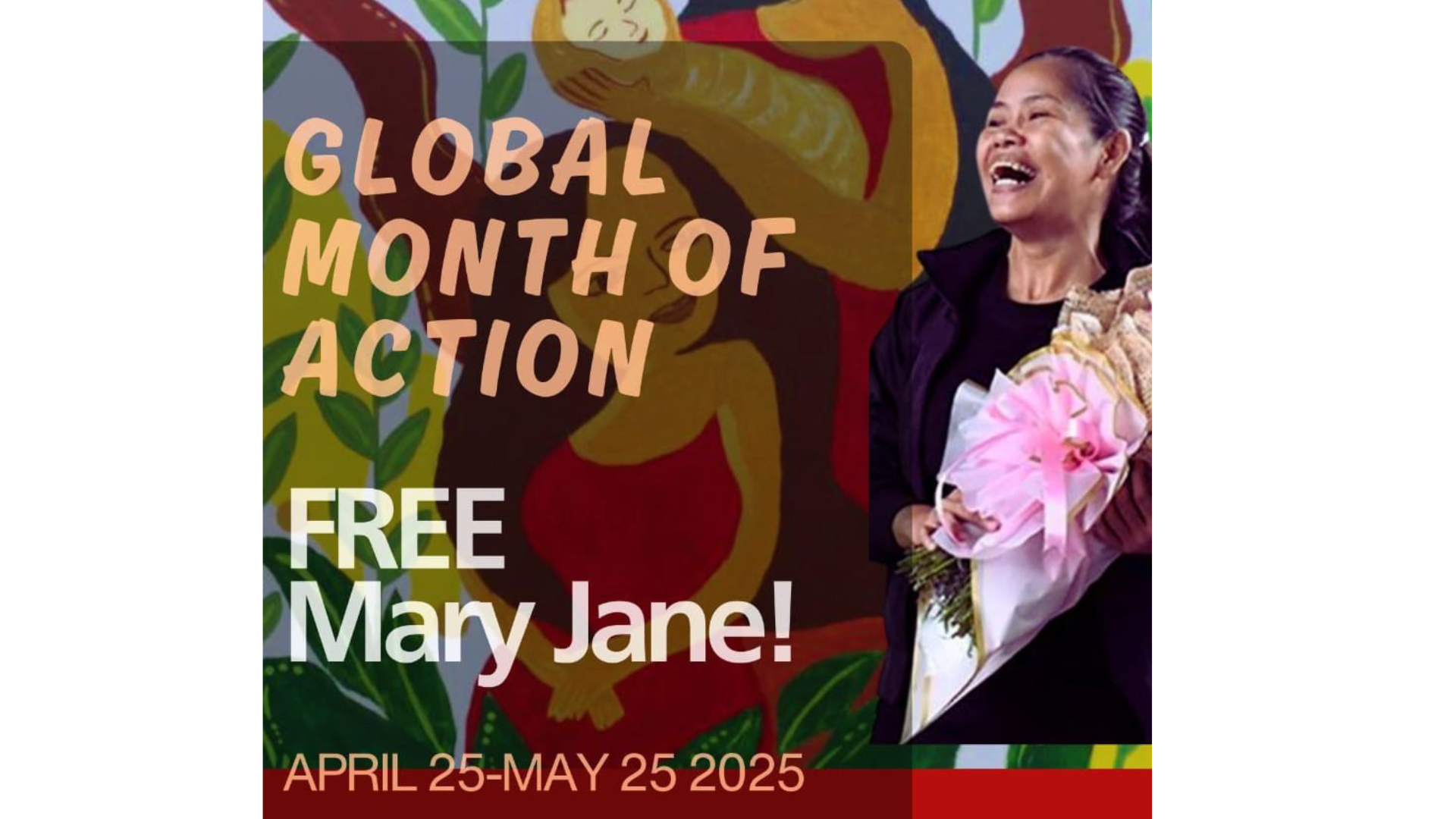
The Network for the Protection of Women Migrant Rights (NPWMR) - in which GAATW is a part of - released a statement calling on all women migrant leaders, women’s rights leaders, and human rights defenders to join us in solidarity in the struggle for Mary Jane Veloso’s freedom and ensure that truth and justice prevail.
April 25th 2025 marks 15 years since Mary Jane Veloso’s arrest in Yogyakarta, Indonesia where she was sentenced to death for unwittingly smuggling drugs to Indonesia. Last December 2024, she was transferred back to the Philippines after a practical agreement signed between the Indonesian and the Philippine governments for a transfer of prisoners based on diplomacy, international cooperation and legal sovereignty. Upon transfer to the Philippines, according to the Agreement, she will continue serving her sentence in alignment with Philippine law and procedures. However, Indonesia would respect any decision made by the Philippines after Veloso returned to her country, including the possibility of clemency. Now, four months have passed since her repatriation and Mary Jane still continues to serve in the Philippines' prison without any certainty if she will ever receive any justice.
Statement by Global Alliance Against Traffic in Women to commemorate the 16 days of Activism against Gender-Based Violence
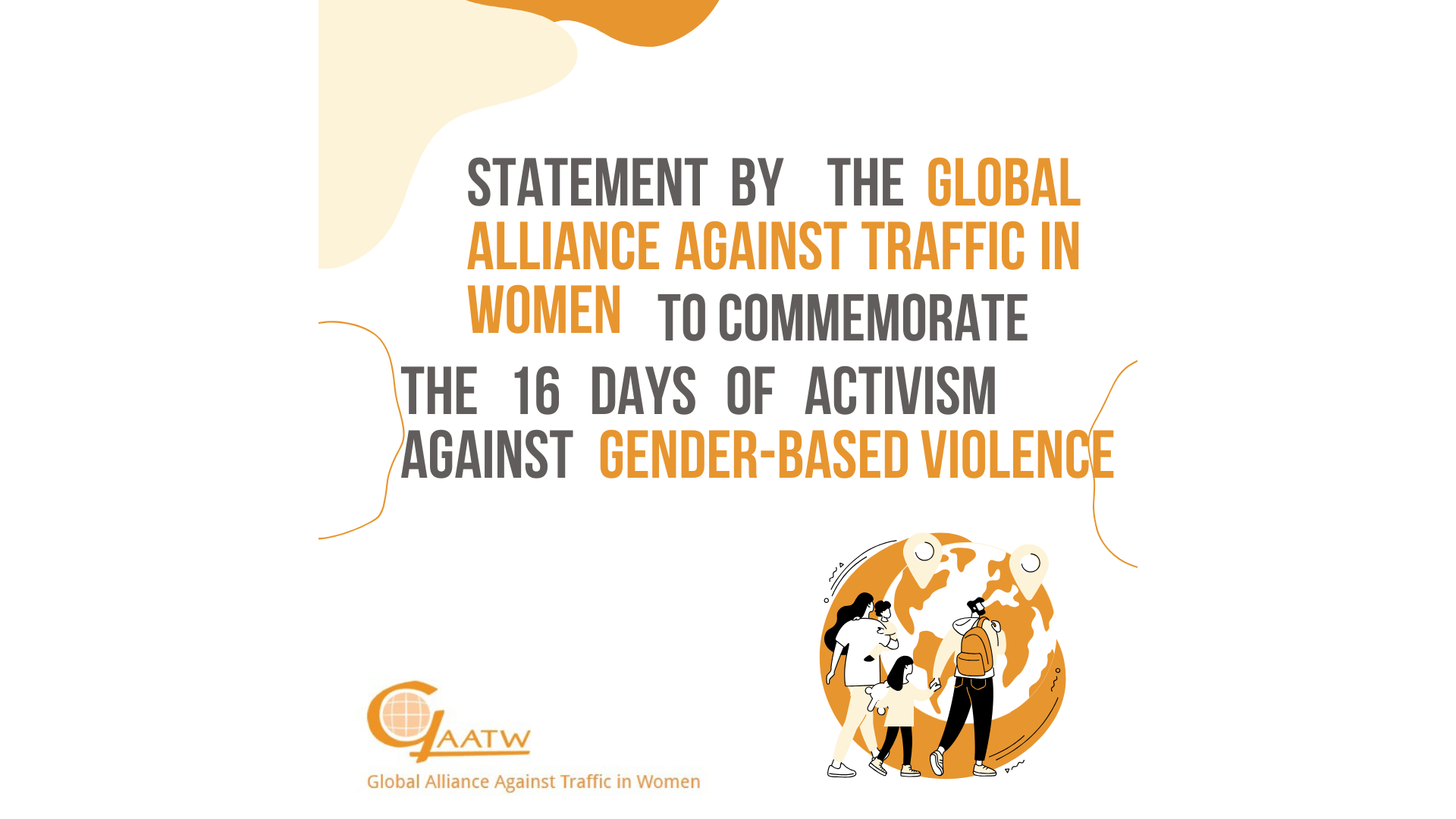
Para leer la versión en español, ir más abajo.
We at the International Secretariat of Global Alliance Against Traffic in Women (GAATW) join our members, partners, and friends around the world to commemorate the 16 Days of Activism Against Gender-Based Violence (GBV). We are inspired by the resilience and dedication of our colleagues who do not give up despite the old and new challenges.
This year's theme, “Towards Beijing +30: UNiTE to End Violence Against Women and Girls,” highlights the progress made in challenging the norms, policies, and systems that sustain inequality and harm. It also serves as a sobering reminder that we have a long way to go. There are still many policies and practices that jeopardise the progress that was made after long years of struggle and new challenges are coming up daily.
Joint Submission Report to CEDAW: The Human Rights Situation of Migrant Domestic Workers in Saudi Arabia
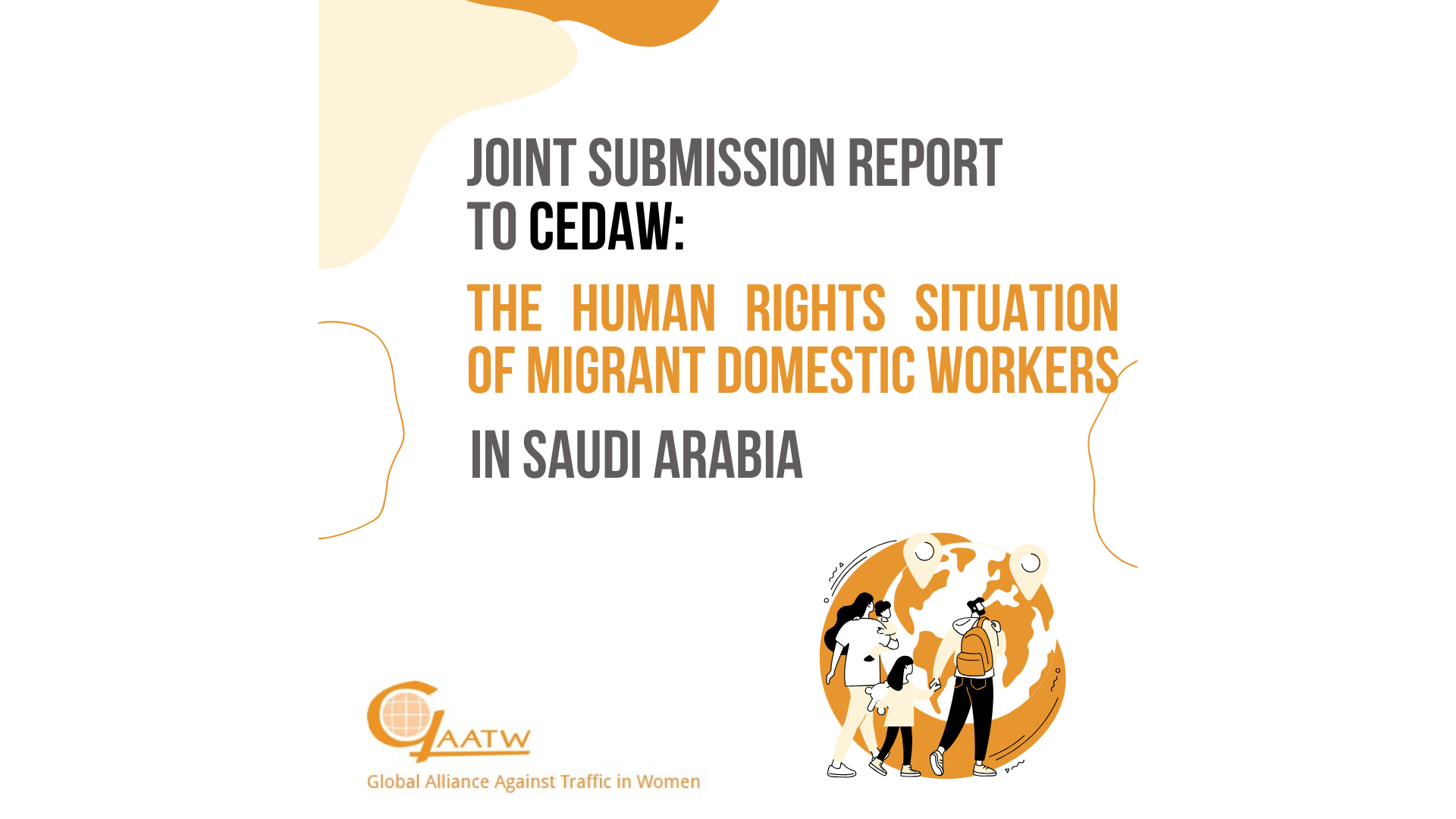
This report presents two joint submissions prepared for the Committee on the Elimination of Discrimination against Women (CEDAW), highlighting the human rights challenges faced by migrant domestic workers in Saudi Arabia.
Part 1 is a joint submission by the Global Alliance Against Traffic in Women (GAATW) and our member Sema Nami. This section addresses the discrimination and challenges migrant workers face under the kafala system, the exclusion of domestic workers from recent labour reforms, and the introduction of a new domestic worker law. It offers recommendations to end nationality-based discrimination, abolish restrictive exit permit laws, and provide interpreters and legal aid, among others.
EU Anti-Trafficking Day Statement
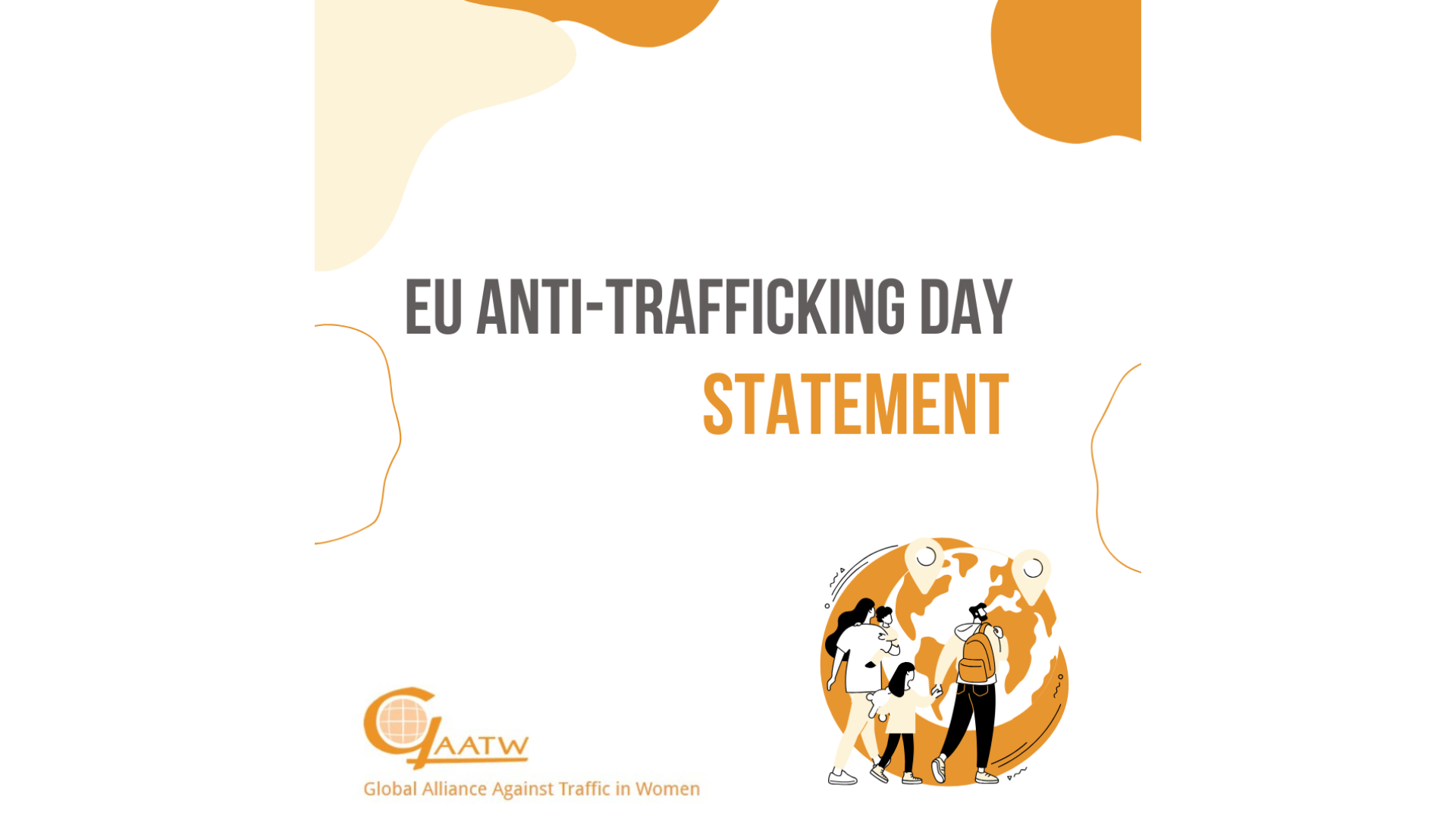
For the PDF version, please click here.
The Global Alliance Against Traffic in Women (GAATW) is an Alliance of more than 100 non-governmental organisations from Africa, Asia, Europe, Latin America and the Caribbean and North America. GAATW views human trafficking within the context of labour migration.
This EU Anti-Trafficking Day, GAATW is concluding its International Members Congress and Conference (IMCC) in Bangkok, Thailand which brings together member organisations and allies from labour, sex work, trafficking survivors, migrant and women’s rights groups from every region of the world. We are also celebrating our 30th anniversary as an international alliance, reflecting on our history and looking forward to the future. GAATW unites organisations spanning direct support, organising, knowledge building, and influencing social change touching anti-trafficking, migrant rights, and labour rights.
Oral statement at the 56th regular session of the Human Rights Council
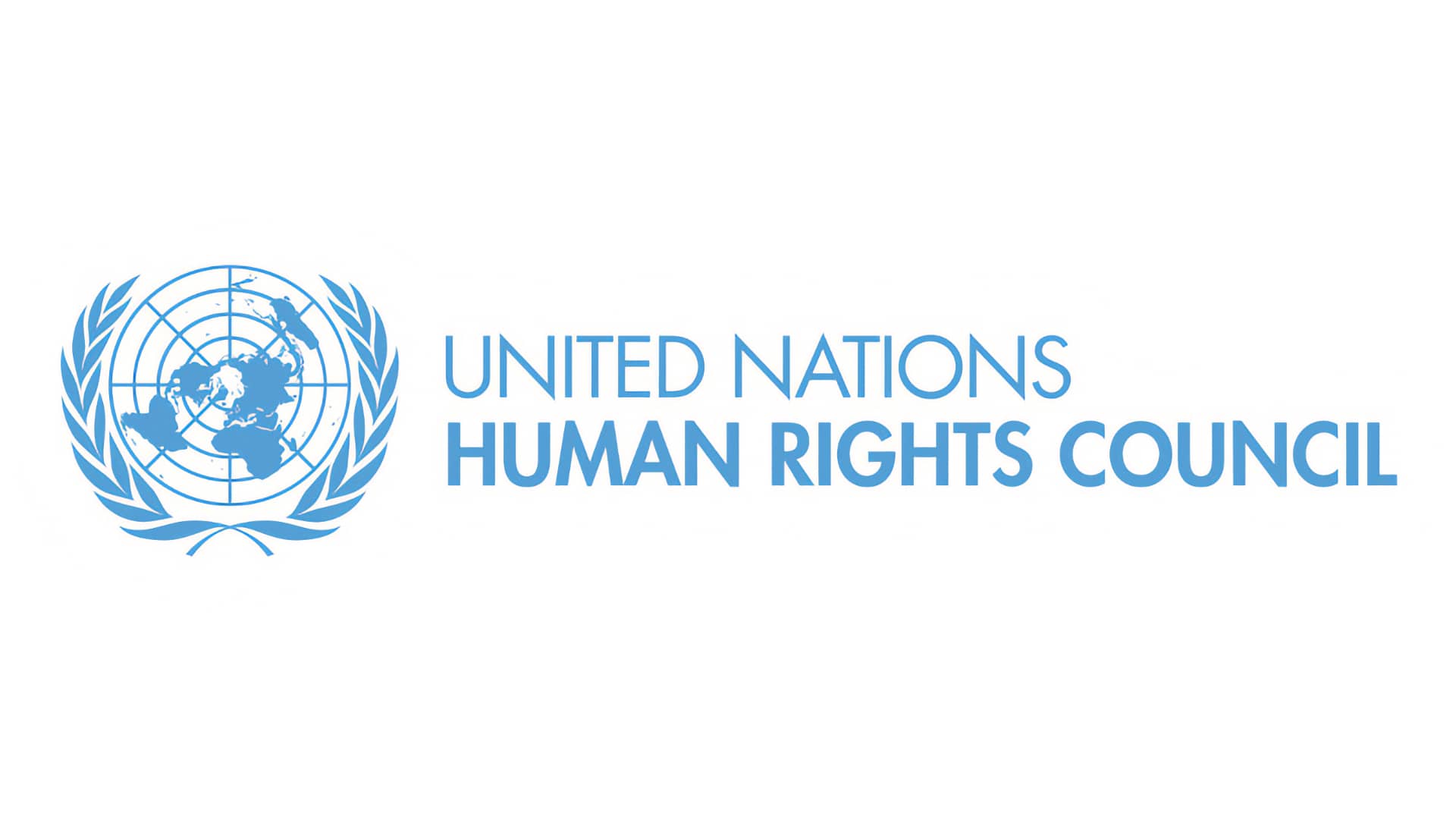
As a joint effort among organisations supporting Sex Workers rights, GAATW submitted a statement for the 56th session of the Human Rights Council in Geneva. As part of a delegation of representatives of Sex Workers groups and organisations, Sabra Boyd from Sex Workers and Survivors United, a member organisation of our US member organisation Freedom Network USA, spoke on behalf of GAATW. The attendance of this delegation to the hearing at the UNHRC comes as a result, and as a clear sign of rejection, of the last report on prostitution launched by the Special Rapporteur on Violence Against Women and Girls last month.
Sex Workers Welcome UN Experts’ Backing to Decriminalize the Industry
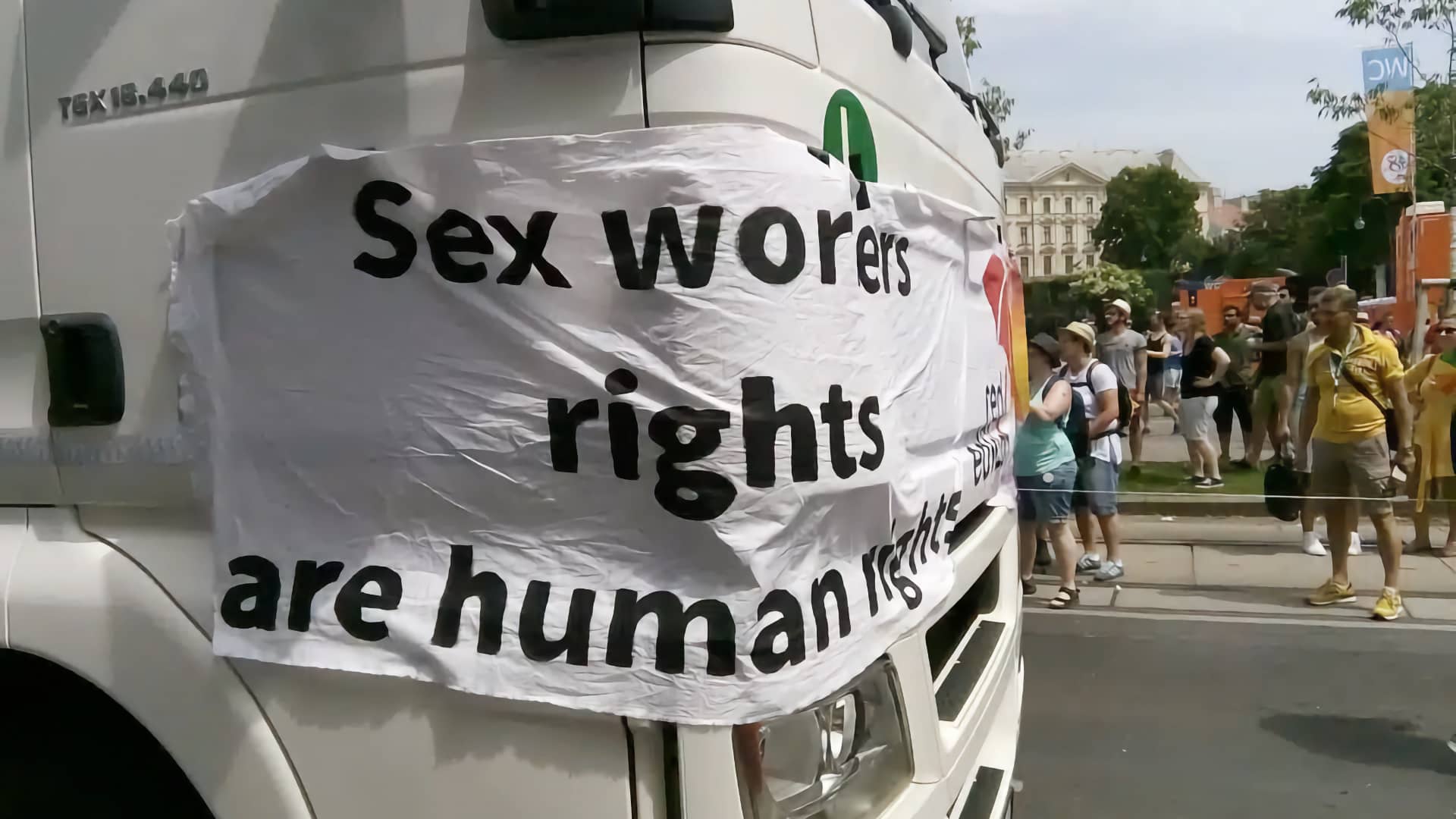
Opinion by Maya Linstrum-Newman and Nadine Gloss • May 30, 2024
This article was originally published on PassBlue.
Major progress has been made in the debate on sex workers’ rights through a recent paper, “Eliminating discrimination against sex workers and securing their human rights,” published by the United Nations Working Group on Discrimination Against Women and Girls.
Submission to the United Nations Special Rapporteur on the Human Rights of Migrants for the thematic report on revisiting migrants’ contributions from a human rights-based approach
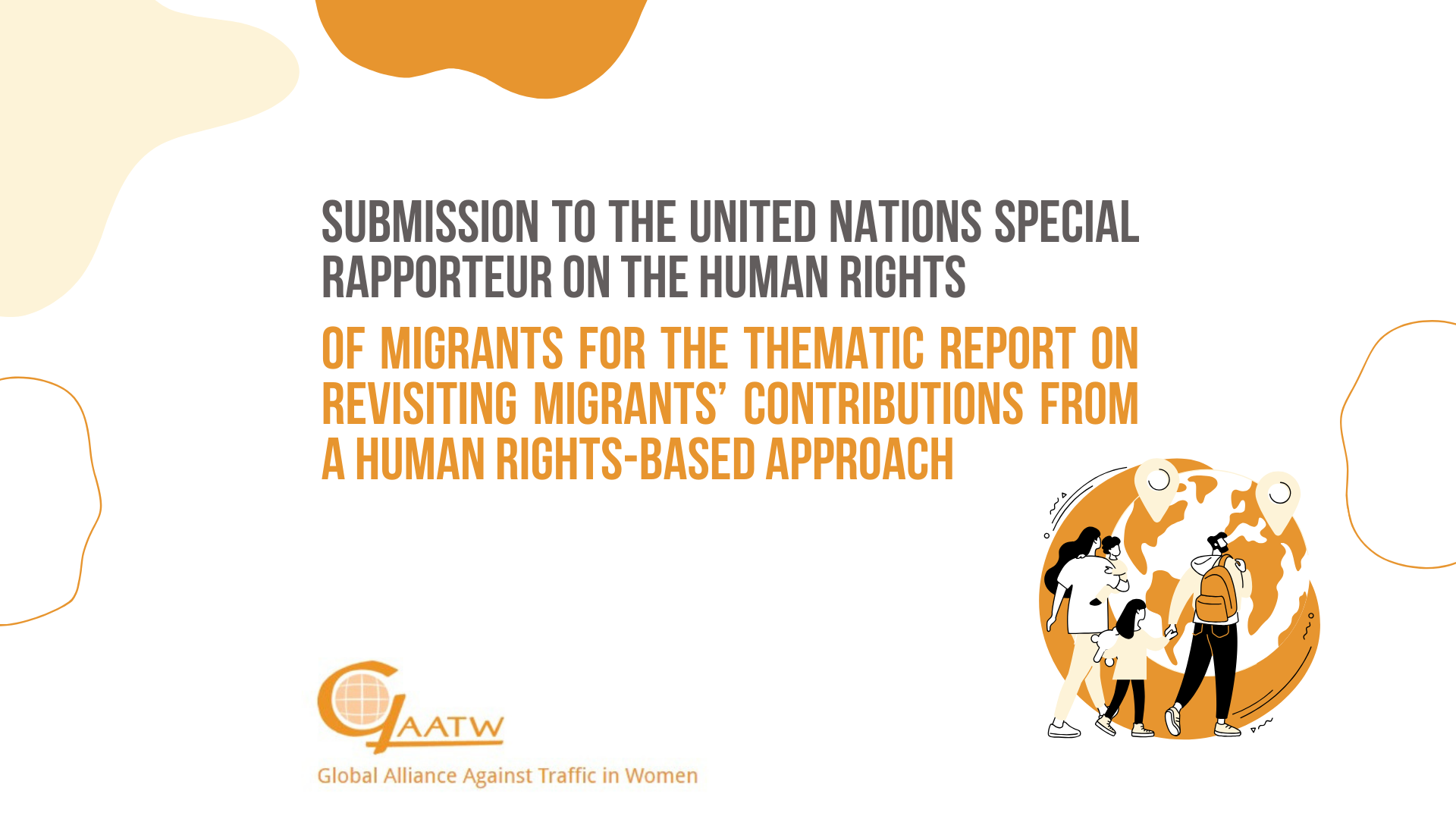
The Global Alliance Against Traffic in Women (GAATW) is an Alliance of non-governmental organisations from Africa, Asia, Europe, and the Americas. Member organisations work to promote the rights of migrants and survivors of trafficking.
Joint NGO Statement on recast EU Anti-Trafficking Directive
25 April 2024
On 23 of April, during its last plenary meeting of this mandate, the EU parliament adopted the final text of the recast of the EU anti-trafficking Directive1. We, the undersigned non-governmental human rights organisations, welcome some progress that has been made in the revised Directive. It is positive that sanctions for legal persons have been strengthened for those liable for misconduct; that the non-punishment clause now applies to all unlawful activities and that the right to international protection is strongly recognised in the text.
Overall, however the final legislative text demonstrates a lack of commitment of the European institutions to advance the rights of trafficked persons.
We have advocated for binding measures for EU Member States to ensure real access to rights and justice for victims of trafficking, both on paper and in practice, including their access to safe reporting, non-punishment, compensation and unconditional access to adequate support and protection, as well as residence. However, most of the provisions in the Directive related to these rights have not been meaningfully or effectively strengthened. Moreover, the use of services of trafficked persons is now criminalised, while there is no evidence that this will be effective or strengthen victims’ rights. In fact, it is likely to cause human rights violations instead.
